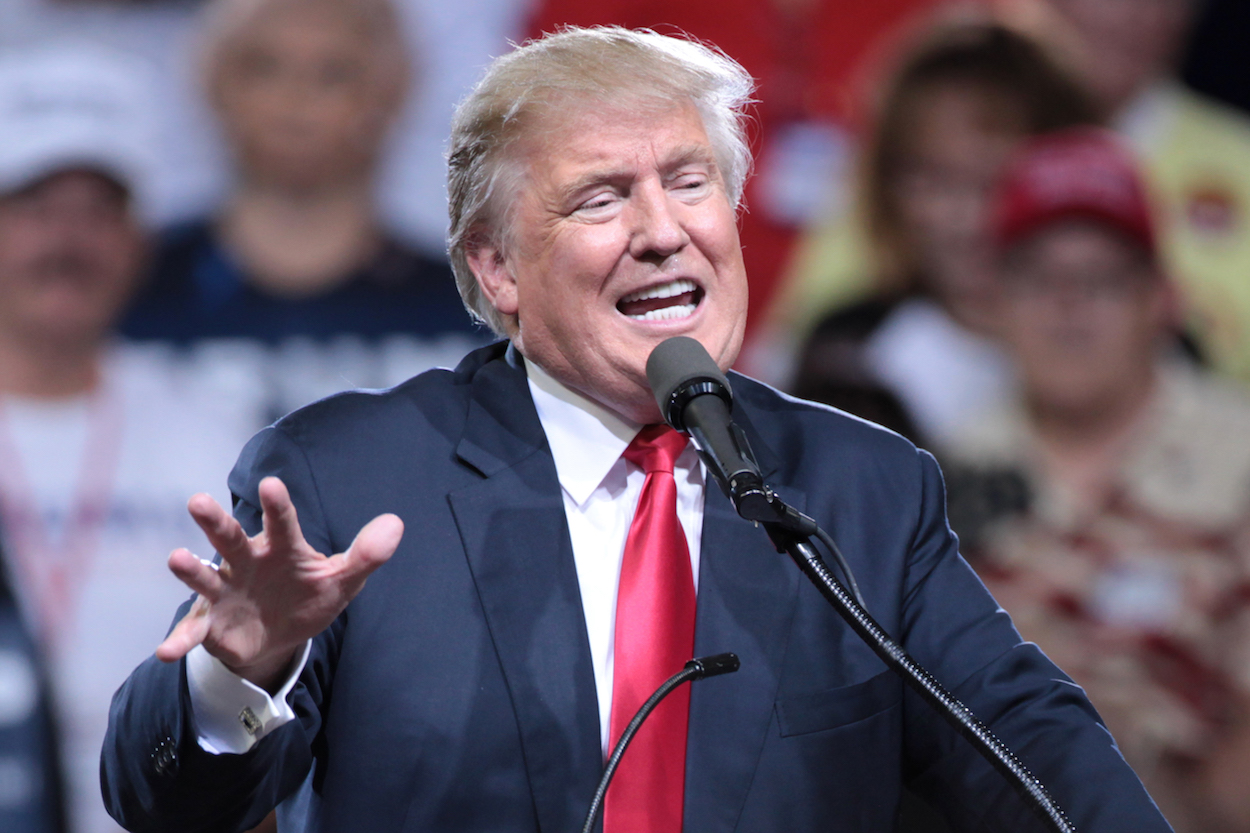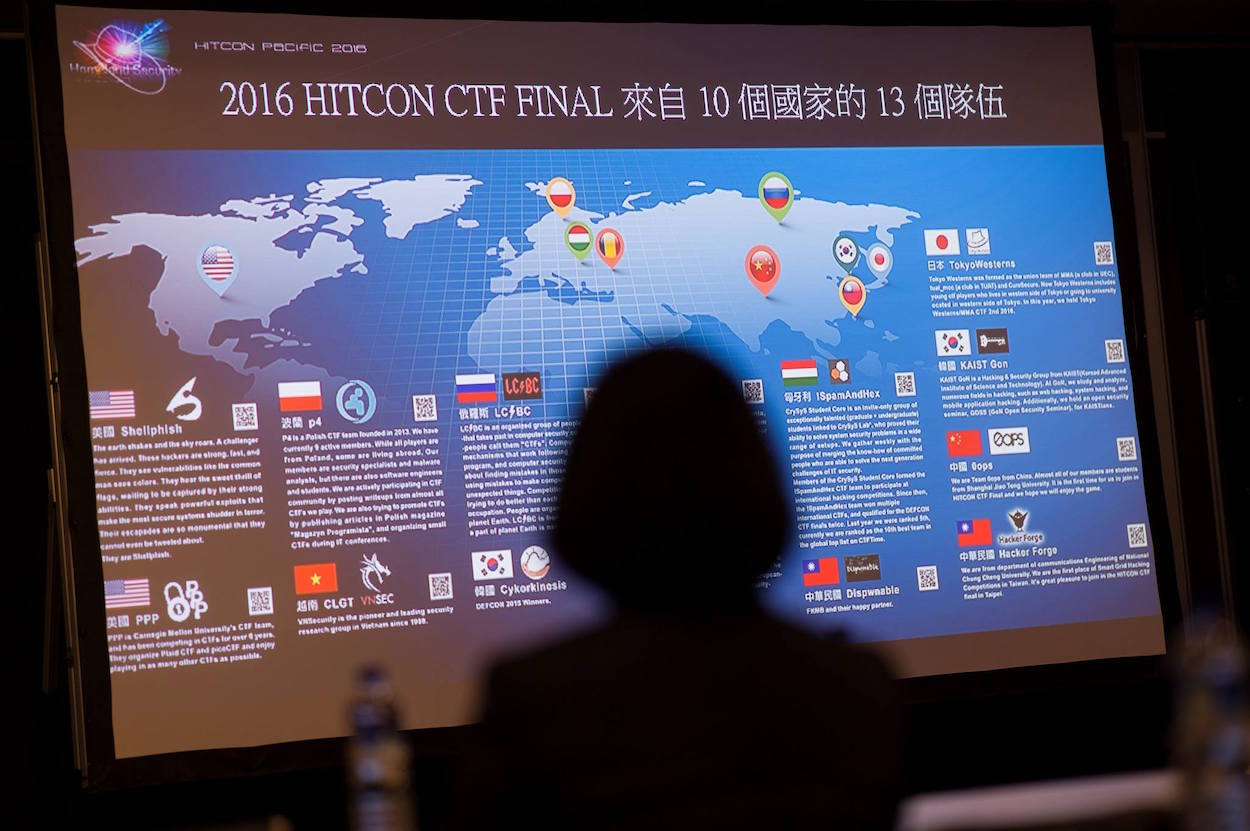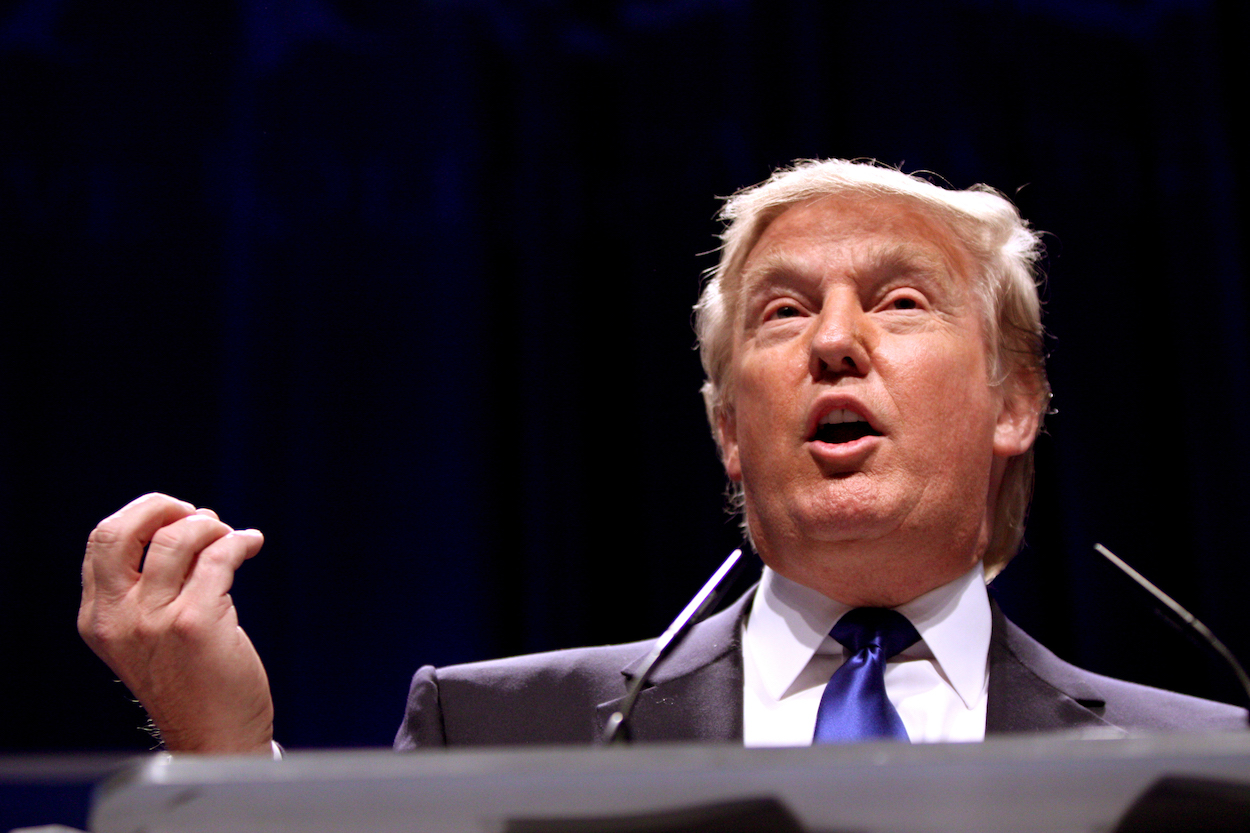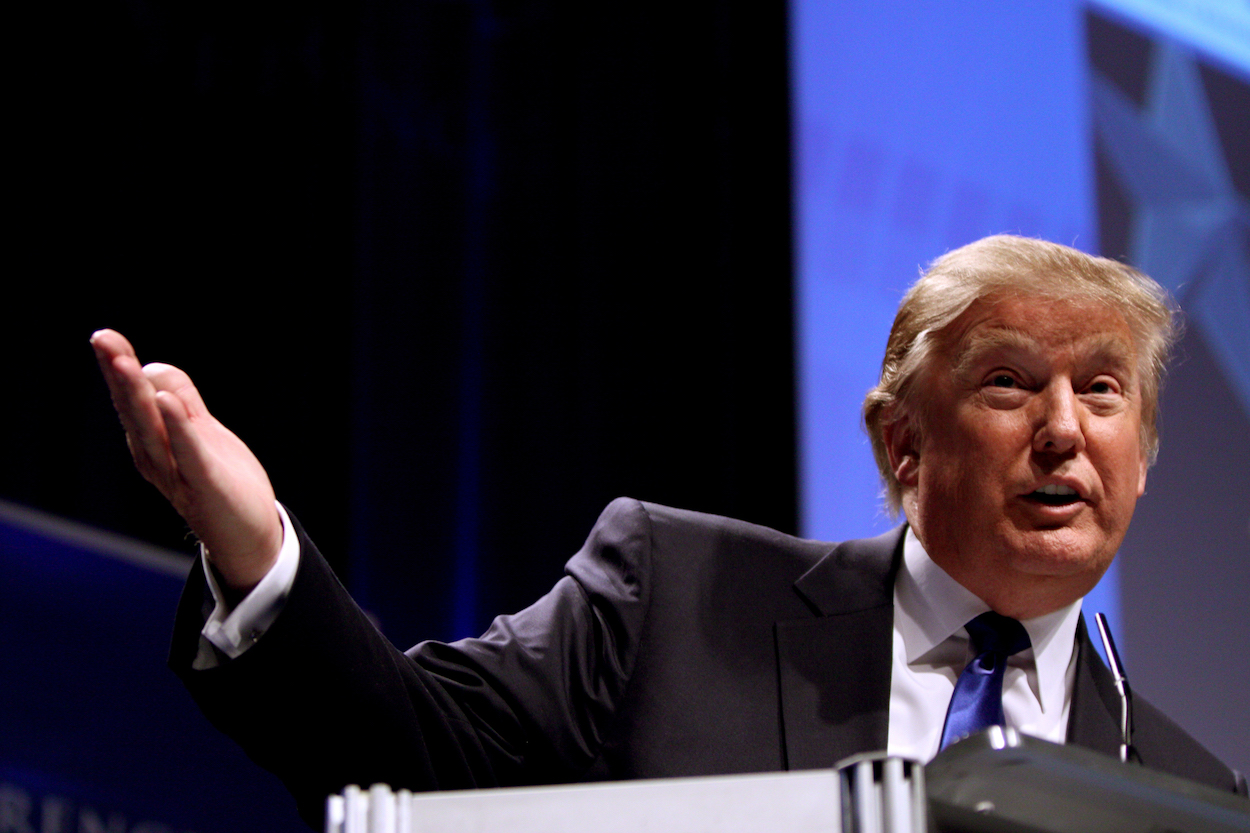by Brian Hioe
語言:
English
Photo Credit: Michael Vadon/CC
WITH RECENT statements by Donald Trump that he may break with America’s longstanding One China Policy, some in Taiwan have taken this as cause for celebration. More critical voices, however, noted that Trump’s full statement reads: “I don’t know why we have to be bound by a ‘one China policy’ unless we make a deal with China having to do with other things, including trade.” Is it, then, that Trump’s much discussed phone call with Tsai Ing-Wen was simply aimed at raising the stakes for trade negotiations with China, with the possibility that Taiwan may be used as a bargaining chip for negotiations with China?
It has been much debated whether Trump’s phone call with Tsai Ing-Wen was part of a broader shift on American policy towards Taiwan. Some have claimed that despite alarming statements by Trump that he would seek to withdraw American troops from bases in South Korea and Japan, this represented that once president, Trump would continue with the Obama administration’s policy of adopting a stronger military stance towards China in the Asia Pacific. Still others warned that this was premature, seeing as Trump’s statements on foreign policy have been anything but consistent.
But given that verdicts on Trump have been divided, it is not surprising that judgements on Trump’s recent statements have also skewed between those who would emphasized the first half of Trump’s statement that, “I don’t know why we have to be bound by a ‘one China policy’” and those who have emphasized the second half of this statement, the caveat “unless we make a deal with China having to do with other things, including trade.”
 Donald Trump. Photo credit: Gage Skidmore/CC
Donald Trump. Photo credit: Gage Skidmore/CC
Trump’s future direction on Taiwan policy remains to be seen. However, warnings after Trump’s election that he may seek to use Taiwan as a bargaining chip against China, given Trump’s view of international relations as resembling “zero-sum trading equations” or suggesting that Trump was setting Taiwan up for a fall, now seem quite prescient. Unfortunately, as any examination of history reveals, small countries caught between larger, imperial countries have a way of being used as geopolitical chess pieces, usually with a total disregard of what the citizens of that country think.
Observers of regional tensions in the Asia Pacific should have kept in mind from the beginning that any indication of a stronger American stance in support of Taiwan by Trump was not because of any wish to defend Taiwan’s vibrant democracy, but only with American interests in mind. In his Tweets regarding his phone call with Tsai, Trump specifically cited that it was absurd that he should not take a phone call from Taiwan’s president when Taiwan buys billions of dollars worth of military equipment from America, suggesting that it was because Taiwan benefits America that he might throw Taiwan a bone by being willing to take a phone call from Tsai Ing-Wen.
No surprise that Trump would also be willing to sell Taiwan out, if it is to America’s benefit. Trump’s concerns have always been domestic in nature, in line with the protectionist undercurrent of his thinking. If Trump is often politically inconsistent, at least we can give him credit for consistency here.
However, this goes to the heart of attempts to appeal to America to aid Taiwan only on the basis of this being in the mutual interest of both countries rather than also making moral claims about how America has manipulated Taiwan for decades as part of its foreign policy or taking into account of how American interests can conflict with Taiwanese interests. Not only did America back the brutal military rule of the KMT for decades, but also suspended Taiwan in the diplomatic limbo of “strategic ambiguity” about whether it would defend Taiwan in case of Chinese attack.
 Tsai Ing-Wen. Photo credit: Presidential Office
Tsai Ing-Wen. Photo credit: Presidential Office
Indeed, if some have recently connected the Trump-Tsai call to the push for marriage equality in Taiwan, suggesting that the US-Taiwan relations as not like “separate but equal” civil partnerships lacking the full status of marriage because of Taiwan’s lack of formal recognition as a nation in what some have seen as a clever metaphor, it is probably more accurate to compare America to an abusive partner which continually gaslights Taiwan in order to reinforce Taiwan’s dependence on America. Blind and uncritical pro-Americanism, a longstanding characteristic of pro-Taiwan efforts in the United States, which are often centered around lobbying politicians or seeking to influence Washington-based foreign policy think tanks.
Nevertheless, this lack of criticality will no doubt continue. Some are already tripping over themselves with frenzied excitement regarding Trump’s statement that he may consider breaking with One China Policy and failing to notice Trump’s important qualification that he will consider this so long as China does not make a trade deal with the United States. Such individuals are blinded by their wishful thinking. But Beijing has already picked up on this fact, issuing a condemnation of Trump for thinking that Taiwan is something that he could make a deal on.
On the other hand, many questions still remain about the Trump-Tsai phone call. In the same comments in which Trump suggested that he may break with One China Policy, Trump claimed that he was only informed of the phone call one or two hours before it occurred. This seems to confirm speculation that Trump’s advisors may have manipulated Trump into taking the call, rather than this being an initiative of Trump. This may be reassuring for those who believe that Trump will be held in place and prevented from taking risks by his political appointments, seeing as Trump has drawn a number of his foreign policy appointments from the existing political establishment, given his lack of foreign policy experience—or, for that matter, any political experience whatsoever.
 Photo credit: Gage Skidmore
Photo credit: Gage Skidmore
Nevertheless, one may also question the risks which come with that Trump’s political appointments are largely war hawks even if, again, drawn from the political establishment. Trump may be talked into risky action of which he understands little of the consequences by his advisors. Trump’s habit of unilaterally declaring policy stances on Twitter, which provides Trump with a direct hotline to the world, raises further risks. Indeed, as further illustrative of the frivolous means in which Trump conducts policy shifts, recent statements by Trump on One China Policy and clarifying the circumstances that led up to his phone call with Tsai Ing-Wen took place on…a morning talk show.
As such, a preliminary assessment of what led up to the Trump-Tsai phone call suggest that Trump may have either deliberately made his statements on Taiwan with the aim of using Taiwan as a bargaining chip against China. Or Trump was talked into shifting policy by his advisors, despite not understanding the consequences.
The binary between these two possibilities would seem to arise from divided judgments on the competence of Trump to conduct foreign policy. Although Trump generally demonstrated little knowledge of foreign policy during 2016 election campaigning, it is not necessarily correct to assume total incompetence on the part of Trump.
The truth probably lies somewhere between these two possibilities, as they are not incommensurable. Perhaps Trump’s advisors are behind the push to use Taiwan as a bargaining chip against China. It could even be that after blowback from the Trump-Tsai call, Trump did not wish to back down from the decision to take the call for fear of losing face, something he was goaded into by his advisors. But, in line with his touted public image as a skillful negotiator and dealmaker, Trump could have found a way to reverse course without losing face by making it seem as though this were part of a larger plan to use Taiwan to raise the stakes of negotiating with China.
 Photo credit: Gage Skidmore
Photo credit: Gage Skidmore
Who knows where the truth lies, in consideration of an individual like Trump? Still others, however, who remain committed to the wishful thought that Trump will take a pro-Taiwan stance will continue to hew to the narrative that the Trump-Tsai phone call was totally deliberate, whether the impetus behind the phone call came from either Trump or his advisors, and that Trump does intend to take a stronger stance in defense of Taiwan.
As overly rosy thinking about the US-Taiwan security relationship has prevailed for decades, one does not expect that to change even when as unprecedented an individual as Donald Trump has become American president. And so, the judgement on Trump will continue to be ideologically divided between those who continue to claim that the Trump-Tsai phone call was completely rational in nature, as part of Trump the all-knowing’s master plan for Taiwan, versus those who claim it to be totally irrational, falling back on established narratives about the dangers of Taiwanese independence for stable cross-strait relations, with no room for nuanced narratives which seek to avoid binary thinking.
With as ham-fisted and boisterous an American president as Trump set to take power, it seems nuanced analysis is needed more than ever for Taiwan, but there seems to be little of that, with those who are unable to work through their own ideological assumptions dominating the discourse. Whether in Taiwan or elsewhere, more often than not, at the end of the day the murky cloud of ideology prevails.

